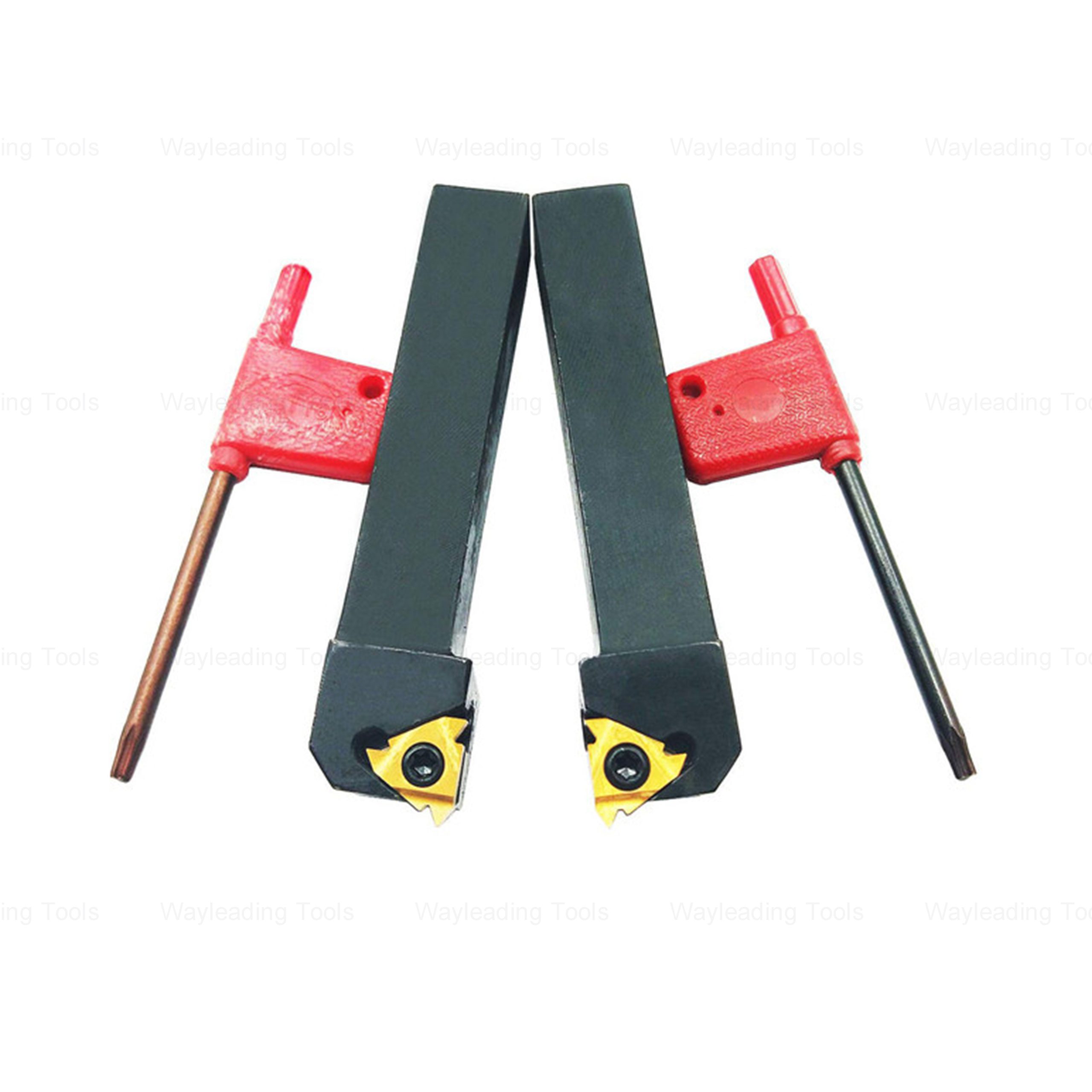bore gauge Manufacturers
A bore gauge is a precision instrument used to measure the internal diameter of a hole, cylinder, or pipe. This article provides a comprehensive guide to understanding bore gauges and selecting the right manufacturer for your needs, covering key features, applications, and considerations when choosing a supplier. Whether you're in automotive, aerospace, or manufacturing, this guide will help you navigate the world of bore gauges.
Understanding Bore Gauges
What is a Bore Gauge?
A bore gauge, also known as a cylinder bore gauge or internal bore gauge, is a precision measuring instrument designed to determine the inside diameter of a hole. It's crucial for ensuring accuracy in machining, manufacturing, and quality control processes. Different types exist, including dial bore gauges, digital bore gauges, and telescoping bore gauges.
Types of Bore Gauges
Several types of bore gauges cater to different applications:
- Dial Bore Gauges: These use a dial indicator to display measurements. They are reliable and widely used.
- Digital Bore Gauges: Offer digital readouts for easier and more precise measurements.
- Telescoping Bore Gauges: Also known as small hole gauges, they are used to measure smaller bores.
- Electronic Bore Gauges: Combine electronic sensors for high-accuracy measurements and data logging capabilities.
Applications of Bore Gauges
Bore gauges are essential in various industries:
- Automotive: Measuring cylinder bores in engines.
- Aerospace: Ensuring precision in aircraft component manufacturing.
- Manufacturing: Quality control and inspection of machined parts.
- Oil and Gas: Inspecting pipe interiors and well casings.
- Tool and Die Making: For accurate hole sizing in molds and dies.
Choosing the Right Bore Gauge Manufacturer
Key Factors to Consider
Selecting the right bore gauge manufacturer is critical for ensuring accuracy, reliability, and value. Here are key considerations:
- Accuracy and Precision: Look for manufacturers with high accuracy specifications.
- Gauge Range: Ensure the bore gauge covers the range of measurements you require.
- Build Quality: The gauge should be durable and made from high-quality materials.
- Calibration and Certification: Verify that the manufacturer provides calibration services and certifications.
- Customer Support: Excellent after-sales support and service are essential.
- Price: Consider your budget while prioritizing quality and reliability.
Top Bore Gauge Manufacturers
Here are some reputable bore gauge manufacturers known for their quality and reliability. Note that availability and specific models may vary. For detailed product specifications and the most up-to-date information, it is always recommended to visit the manufacturers' official websites or contact them directly. Wayleading Tools is committed to providing high-quality measurement solutions. Contact us through www.wayleading.com for specialized bore gauge needs.
- Mitutoyo: Known for high-precision measuring instruments, including a wide range of bore gauges.
- Starrett: Offers durable and accurate bore gauges suitable for various applications.
- Brown & Sharpe: A reputable manufacturer of precision measuring tools, including bore gauges.
- Mahr: Specializes in high-precision measurement technology and offers advanced bore gauge solutions.
Comparing Bore Gauge Specifications
When comparing bore gauges, consider these specifications:
- Measuring Range: The minimum and maximum diameter the gauge can measure.
- Accuracy: The degree of measurement error (e.g., ±0.0001 inches).
- Resolution: The smallest increment the gauge can display (e.g., 0.00005 inches).
- Repeatability: The ability of the gauge to produce consistent measurements.
A comparison table can help you evaluate different models:
| Specification | Model A | Model B |
|---|---|---|
| Measuring Range | 2-6 inches | 1.5-4 inches |
| Accuracy | ±0.0002 inches | ±0.0001 inches |
| Resolution | 0.0001 inches | 0.00005 inches |
| Repeatability | 0.0001 inches | 0.00003 inches |
Bore Gauge Calibration and Maintenance
Importance of Calibration
Regular calibration is essential to maintain the accuracy of bore gauges. Calibration ensures that the gauge provides measurements within the specified tolerances. Without regular calibration, even high-quality bore gauges can drift out of specification and provide inaccurate results.
Calibration Process
The calibration process typically involves comparing the bore gauge's measurements against a known standard. This is often done using master rings or gauge blocks that are traceable to national or international standards. The calibration process may include:
- Visual inspection for damage or wear.
- Cleaning the gauge and standards.
- Performing measurements at multiple points across the gauge's range.
- Adjusting the gauge if necessary.
- Documenting the calibration results.
Maintenance Tips
Proper maintenance is crucial for extending the life of a bore gauge. Consider these tips:
- Regular Cleaning: Keep the gauge clean and free from debris.
- Proper Storage: Store the gauge in a protective case when not in use.
- Handling: Handle the gauge with care to avoid dropping or damaging it.
- Lubrication: Lubricate moving parts as needed, following the manufacturer's recommendations.
- Regular Inspection: Check the gauge for wear or damage before each use.
Advanced Bore Gauge Technology
Wireless Bore Gauges
Wireless bore gauges allow for real-time data transmission to a computer or other device. This eliminates the need for manual data entry and reduces the risk of errors. Wireless technology can also enable remote monitoring and control of the measurement process.
Automated Bore Measurement Systems
Automated bore measurement systems integrate bore gauges with robotic arms and control systems. These systems can automatically measure and inspect bores in a production environment. They offer several advantages, including:
- Increased efficiency and throughput.
- Reduced labor costs.
- Improved accuracy and consistency.
- Real-time data analysis and reporting.
AI-Powered Bore Gauge Analysis
Artificial intelligence (AI) is increasingly being used to analyze bore gauge data and identify potential problems. AI algorithms can detect patterns and anomalies in the data that may not be apparent to human operators. This can help to improve quality control and prevent defects. Wayleading Tools, with its extensive knowledge of precision measurement, provides insights into AI-driven measurement solutions.
Conclusion
Selecting the right bore gauge manufacturer requires careful consideration of accuracy, range, build quality, support, and price. By understanding the different types of bore gauges and their applications, you can make an informed decision that meets your specific needs. Always prioritize quality and reliability to ensure accurate and consistent measurements. Remember to prioritize calibration and maintenance to prolong the life of your bore gauge.
Related products
Related products
Best selling products
Best selling products-
 Precision V Block And Clamps Set With High Quality Type
Precision V Block And Clamps Set With High Quality Type -
 Type J-60 Degree Cone Tungsten Carbide Rotary Burr
Type J-60 Degree Cone Tungsten Carbide Rotary Burr -
 Stub Milling Machine Arbor With NT, R8 and MT Shank
Stub Milling Machine Arbor With NT, R8 and MT Shank -
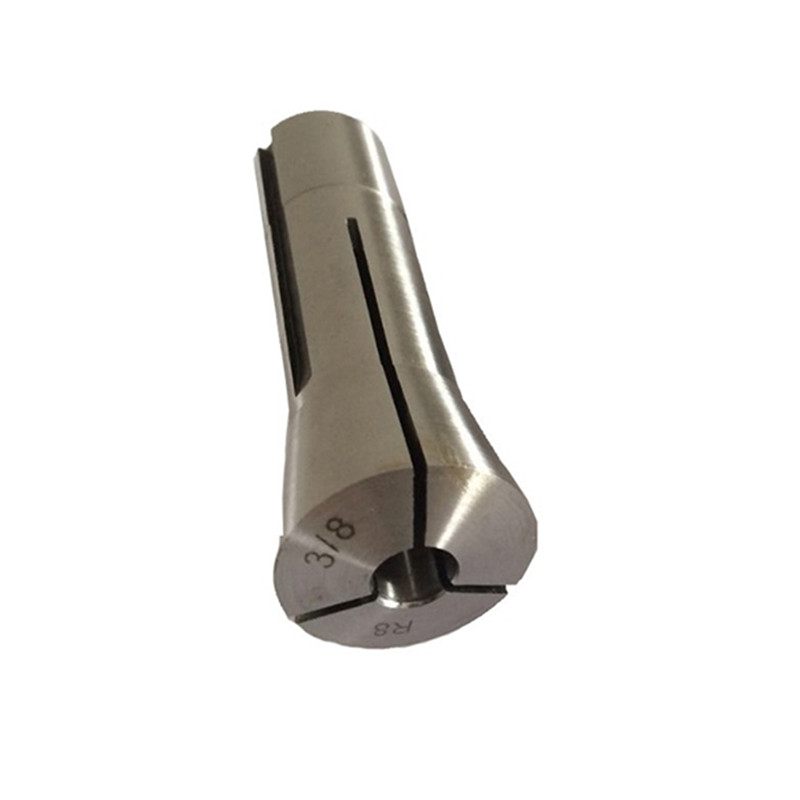 R8 Round Collet With Inch and Metric Size
R8 Round Collet With Inch and Metric Size -
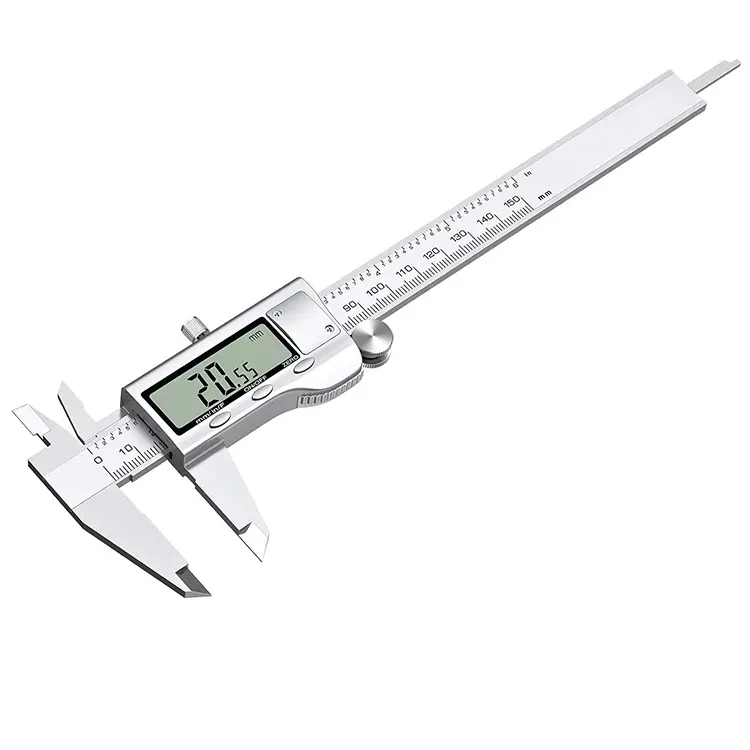 Precision Digital Caliper Of Metal Case For Industrial
Precision Digital Caliper Of Metal Case For Industrial -
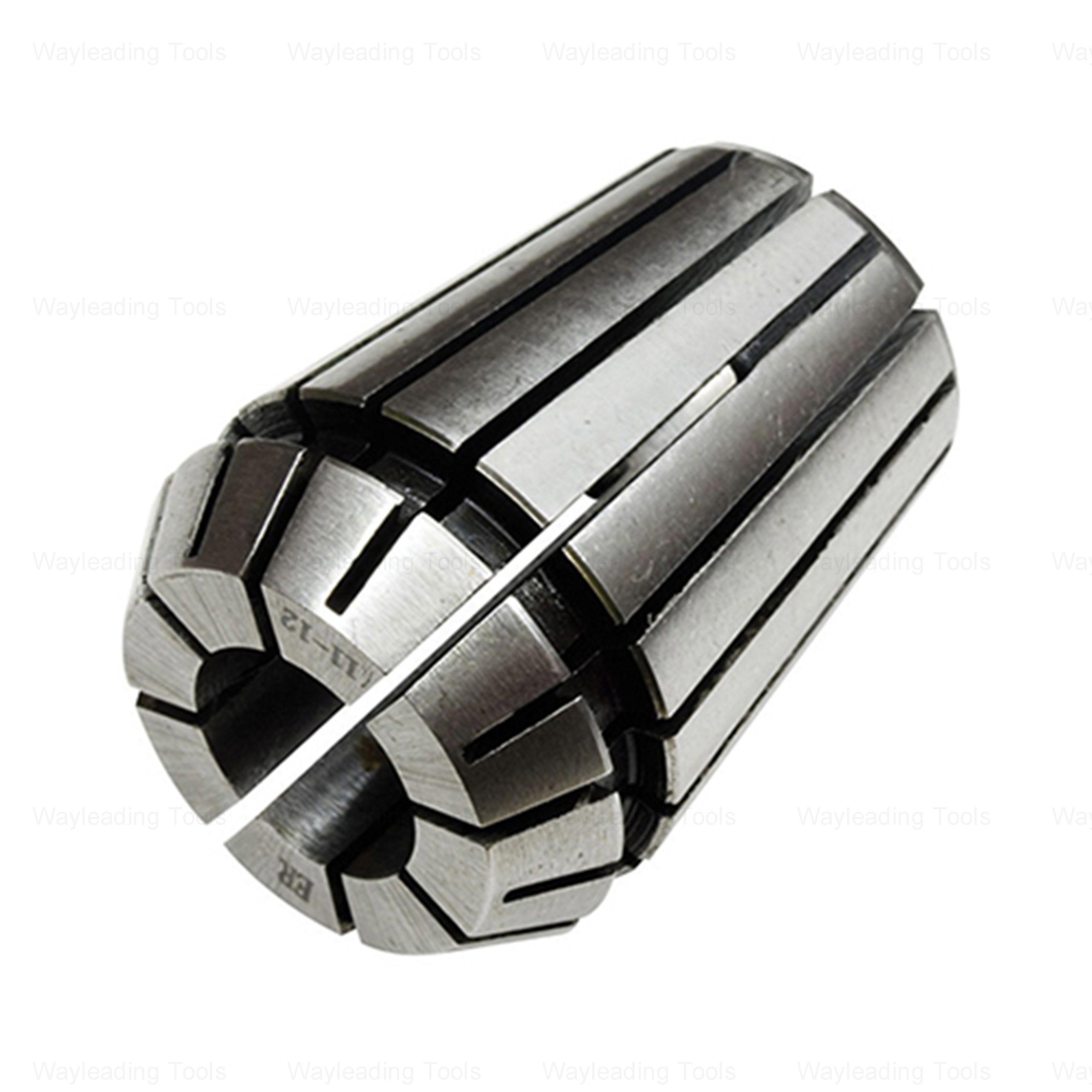 ER Collet – Metric Size
ER Collet – Metric Size -
 Precision Monoblock Fine-Adjustment Vernier Caliper Of Metric & Imperial For Industrial
Precision Monoblock Fine-Adjustment Vernier Caliper Of Metric & Imperial For Industrial -
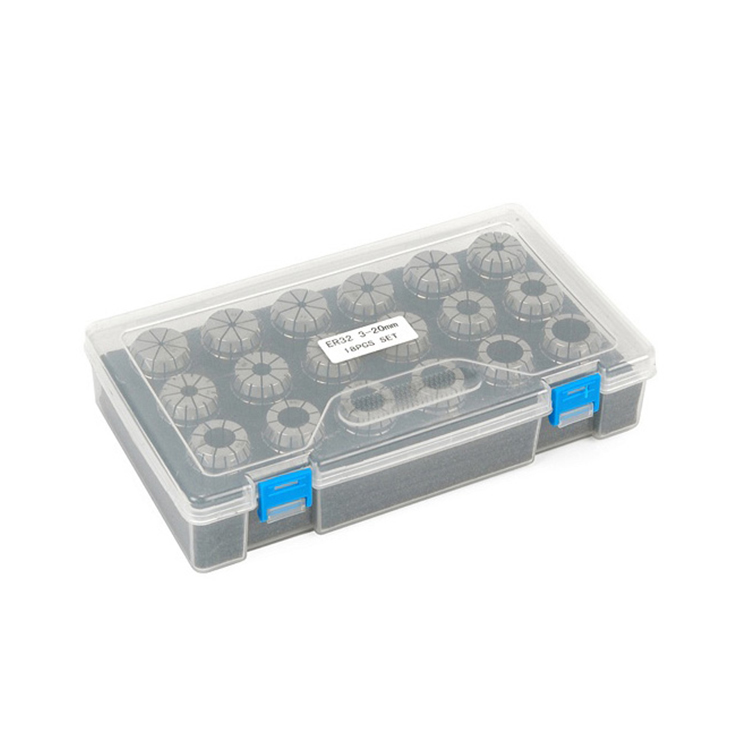 ER Collet Set With Hight Precision Milling
ER Collet Set With Hight Precision Milling -
 CNMG & CNMM Turning Insert For Indexable Turning Tool Holder
CNMG & CNMM Turning Insert For Indexable Turning Tool Holder -
 APKT Milling Insert For Indexable Milling Cutter
APKT Milling Insert For Indexable Milling Cutter -
 MT-APU Drill Chuck Holder With Keyless Type
MT-APU Drill Chuck Holder With Keyless Type -
 BT-ER Collet Chuck
BT-ER Collet Chuck





